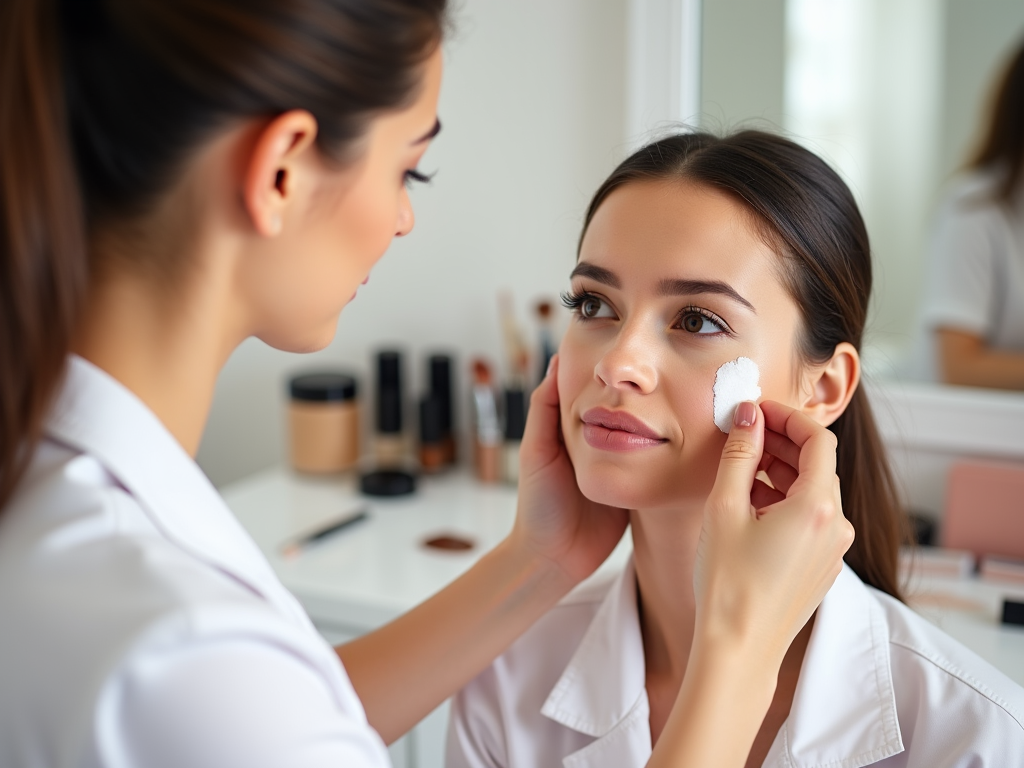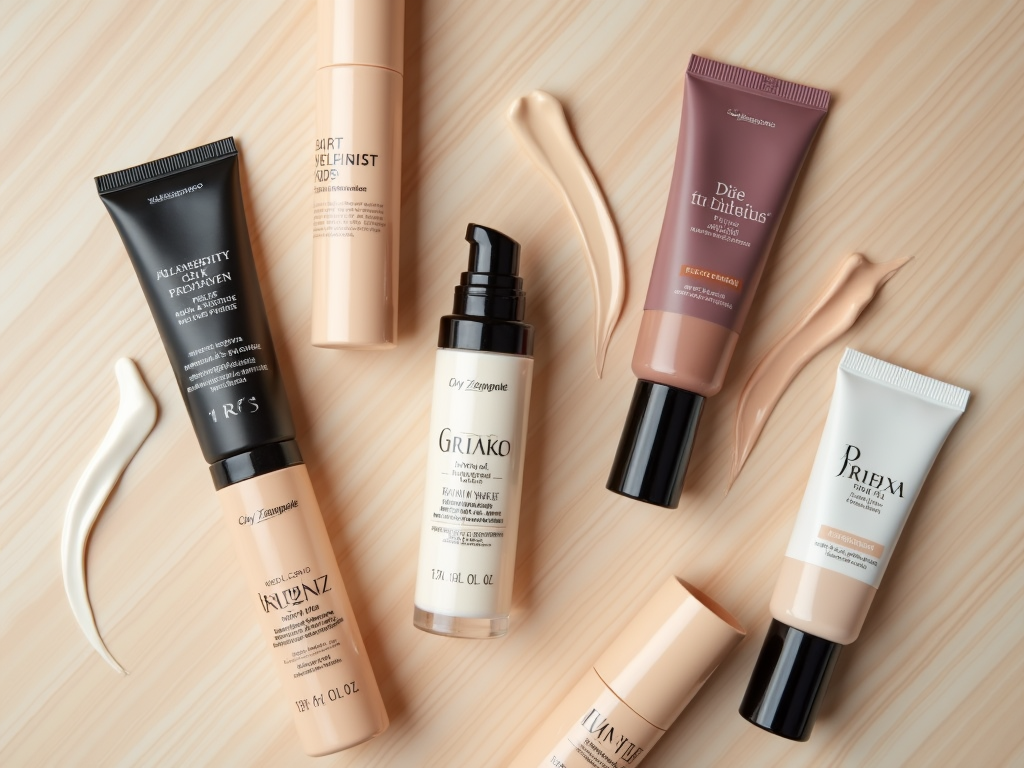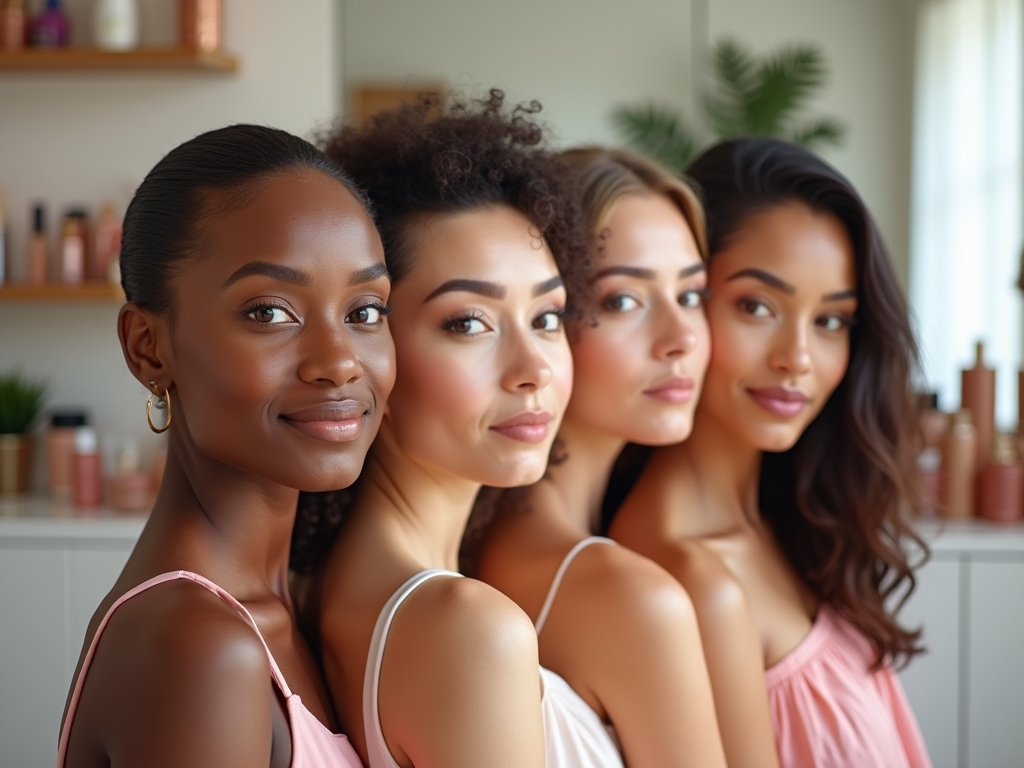Makeup primers are essential tools in the beauty routine of countless individuals, serving as the unsung heroes behind flawless complexions. In our quest for the perfect makeup application, primers play a vital role in transforming our skin into a beautiful canvas for cosmetics. They not only enhance the longevity of foundation and other products but also address specific concerns like oiliness, dryness, and sensitivity, ensuring that each look lasts from morning to night. By understanding the intricate relationship between skin types and the right primer, you can elevate your makeup routine dramatically. This article delves into the world of makeup primers, providing you with expert guidance to choose the right product tailored to your skin’s unique needs. With an array of options available, establishing a primer game plan is your key to achieving that enviable, polished look.
Primers serve multiple purposes that can significantly impact the overall appearance of your makeup. They can provide hydration, mattify the skin, blur imperfections, or even add a touch of luminosity. Essentially, they create a barrier between your skin and the makeup that follows, allowing for a smooth application. Therefore, identifying the right primer to suit your skin type is not just beneficial but essential for achieving longevity and a flawless finish. As we explore various skin types, we’ll delineate how different formulations can assist in enhancing your makeup’s staying power and appearance.
Understanding Makeup Primers

Let’s dig deeper into what makeup primers actually are. A makeup primer is a preparatory product applied before foundation, intended to create an even surface and enhance the makeup for a longer-lasting wear. Their formulation can include a plethora of ingredients ranging from silicones to oils, which can either smooth out the skin or impart moisture. Beyond the basics, the right primer can help control shine, aid in oil absorption, and even provide sun protection. Getting familiar with these products will help you make an informed choice tailored to your specific skin’s needs.
Different Skin Types

Every individual has a unique skin type, which can significantly affect the choice of makeup products, particularly primers. The major skin types include:
- Oily Skin: This type often leads to unwanted shine and requires mattifying products.
- Dry Skin: Those with dry skin usually seek hydration and moisture to prevent a flaky appearance.
- Combination Skin: This skin type exhibits oily areas, often in the T-zone, along with dry patches.
- Sensitive Skin: Sensitive skin react easily to various products, requiring gentle, hypoallergenic formulations.
Makeup Primers for Oily Skin
For individuals with oily skin, the selection of makeup primers is crucial. Oily skin can cause makeup to slide off and appear cakey before the day is done. Therefore, it’s imperative to look for primers that contain mattifying properties. Specific ingredients like salicylic acid, witch hazel, and silica can be beneficial, as they help absorb excess oil throughout the day. These components not only reduce shine but also minimize the appearance of pores. By using the right primer, you can maintain a matte finish without compromising the integrity of your makeup.
- Smashbox Photo Finish Foundation Primer Light
- Benefit Cosmetics The POREfessional
- Too Faced Primed & Peachy Cooling Matte Perfecting Primer
Makeup Primers for Dry Skin
Dry skin can often make makeup application challenging, leading to a patchy or flaky appearance. The right primer can solve these issues by providing hydration and creating a smooth base for foundation. Ingredients like hyaluronic acid, glycerin, and vitamin E are invaluable in these cases. These compounds work by attracting moisture to the skin, ensuring a plump and supple finish. They can also fill in fine lines and wrinkles, making the surface appear more even. Therefore, targeting hydration is essential for achieving a radiant look on dry skin.
- Laura Mercier Hydrating Foundation Primer
- Too Faced Hangover Replenishing Face Primer
- Farsali Unicorn Essence Serum
Makeup Primers for Combination Skin
Combination skin presents its own set of challenges, exhibiting both oily and dry zones on the face. The best primers for this skin type are those that balance these opposing needs. A hybrid primer can hydrate dry patches while controlling shine in oilier areas. Seek products that are lightweight yet effective, containing ingredients like aloe vera and silicone. These not only help enhance the makeup’s longevity but also maintain skin’s natural balance without feeling too heavy or greasy.
- NARS Pore & Shine Control Primer
- Estée Lauder The Illuminator Radiant Perfecting Primer
- Becca Ever-Matte Poreless Priming Perfector
Makeup Primers for Sensitive Skin
Sensitive skin can be reactive to various ingredients, which makes the selection of makeup primers critical. Look for formulations that are free from fragrances, parabens, and irritating chemicals. Gentle, non-comedogenic primers with soothing properties, such as chamomile or aloe vera, are ideal for maintaining skin health. Moreover, opting for primers labeled as hypoallergenic can prevent potential flare-ups. Sensitivity can often lead to discomfort, making it even more vital to select the right product that prioritizes skin’s well-being.
- Etude House Face Blur – Sensitive Skin
- Clinique Superprimer Universal Face Primer
- Tarte Cosmetics Base Tape Hydrating Primer
| Skin Type | Recommended Ingredients | Top Primer Picks |
|---|---|---|
| Oily Skin | Witch hazel, salicylic acid | Smashbox Photo Finish Light |
| Dry Skin | Hyaluronic acid, vitamin E | Laura Mercier Hydrating Primer |
| Combination Skin | Aloe vera, silicone | NARS Pore & Shine Control |
| Sensitive Skin | Chamomile, aloe vera | Clinique Superprimer |
Conclusion
Choosing the right makeup primer tailored to your skin type is essential for achieving a flawless appearance. By understanding the nuances among different skin types and knowing which ingredients to look for, you equip yourself with the knowledge needed to enhance your makeup routine effectively. Makeup primers not only offer practical advantages, but they also ensure that your hard work doesn’t fade prematurely. It’s important to try out various options and find what works best for you, taking into account both effectiveness and comfort. When you prioritize the health of your skin in your beauty regimen, you not only look better but also feel more confident in your makeup choices.
Frequently Asked Questions
- What is the main purpose of a makeup primer? A makeup primer is designed to create a smooth canvas for foundation, enhancing the application and longevity of makeup while addressing specific skin concerns.
- Can I use a makeup primer if I have sensitive skin? Yes, but it’s crucial to choose a primer formulated with gentle ingredients that are non-irritating.
- Are there primers that work for all skin types? Some primers are versatile and cater to multiple skin types, but it’s best to select one that targets your specific skin concerns for optimal results.
- How do I apply makeup primer correctly? Apply a small amount of primer using clean fingers or a makeup sponge, focusing on areas that tend to become oily or where makeup often wears off.
- How long should I wait before applying foundation after primer? It’s generally advisable to wait a minute or so to allow the primer to set before applying foundation.
